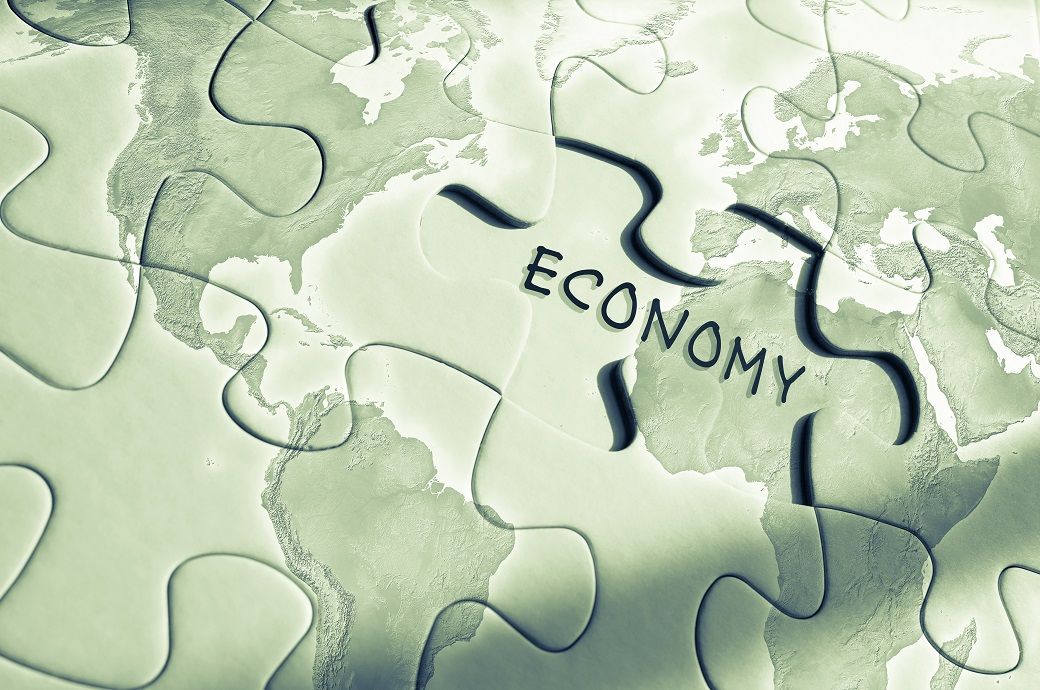
For advanced economies, growth rates are set to decelerate from 2.6 per cent in 2022 to 1.5 per cent in 2023, tapering to 1.4 per cent in 2024, as the onset of policy tightening takes effect.
On the inflation front, global figures are predicted to show a decline, moving from 8.7 per cent in 2022 to 6.9 per cent in 2023, reaching 5.8 per cent by 2024. These changes are attributed to stricter monetary policies coupled with reduced international commodity prices. However, core inflation is set to decrease more slowly, with most targets only expected to be achieved by 2025, as per the IMF.
The risks, though more balanced compared to six months prior due to resolutions such as the US debt ceiling tensions and actions by Swiss and US authorities, still persist. A significant concern remains the potential deepening of China's property sector crisis and its consequent global implications.
Additionally, mounting near-term inflation expectations, coupled with tight labour markets, could perpetuate core inflation pressures, demanding even higher policy rates than projected. External factors such as climate changes, geopolitical shocks, and intensified geoeconomic fragmentation could further jeopardise the situation by causing additional price spikes and hampering the green transition.
The IMF's report also highlighted concerns for low-income developing countries, with over half either in or at high risk of debt distress.
Fibre2Fashion News Desk (DP)